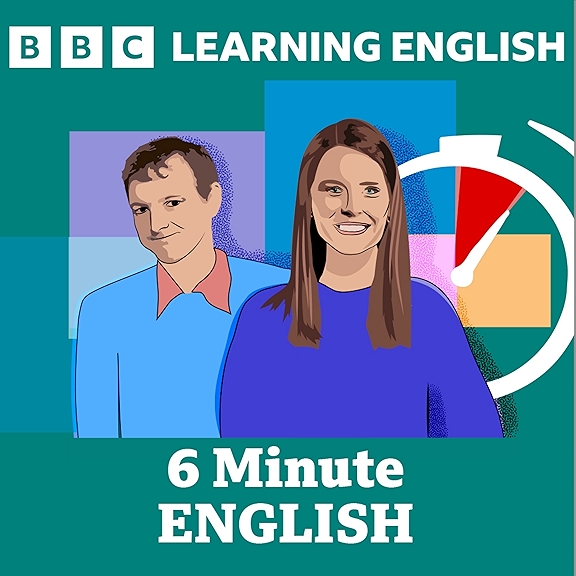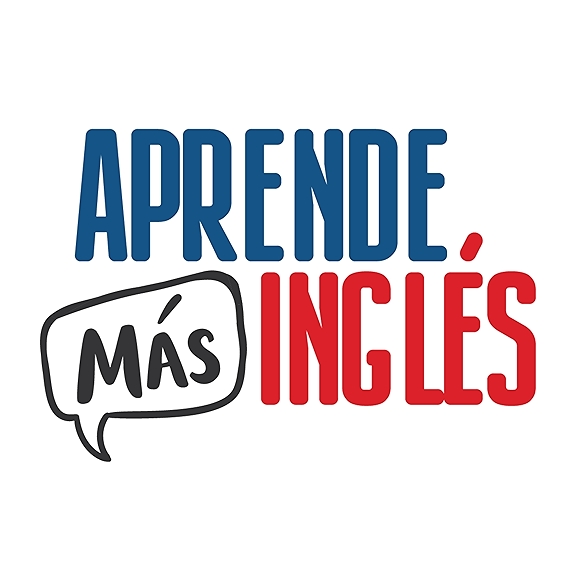
Cally, Heather, Lois and Louise (CHLL) reflect on what has been so compelling about their CHLL conversations. They share what structures and strategies have made their time together valuable, what they learned from the cross-generational conversation they had with people from across the country, and what they believe is possible for CHLL in the future.
LINKS FROM THIS EPISODE
- Check-ins for getting ready to be fully present and participate. There are lots of ways to approach it. The CHLL approach is constrained by time (2-5 minutes) and monitored by individual comfort and need.
- Use the Creativity Diamond Protocol to generate better ideas.
Heather Francis: Welcome to the fourth and last episode of the first series in the CHLL podcast. Today we are going to have an open and honest conversation about our project: where we are now, how we feel, and where we want to go next. We have met twice a month for conversation for the past two years. As we've met, we've developed a structure and habit, a protocol for talking with each other. We're going to use that protocol for this episode. We're inviting our listeners to hear what it's like to really be a part of a CHLL conversation. Our protocol always begins with check-ins. And before we start, let's tell our listeners what check-ins are and why they're important to us.
GETTING READY FOR CONVERSATION WITH CHECK-INS
Cally Flox: For me, the check-in is getting ready to begin. Sometimes we expect ourselves to start without acknowledging that we're human beings first. Check-ins offer the invitation for everybody to say what needs to be said, to release whatever's occupying their mental space in order to be present for the task at hand. That's what a check-in is for me.
Louise Music: I think check-ins are all about presence. It's the opportunity to do whatever it takes to settle into myself. A check-in allows me to have that gift of being available for what comes next and not worrying about if I am going to do it right. Or feeling my body and myself and bringing my whole self completely. Checking-in is a really necessary part that I've come to appreciate that we always take the time for.
Cally Flox: Yesterday I recalled the research that says schools have to be organized around relationships. That means that every meeting and everything we do should also be organized around relationships. If we don't put relationships first, the quality of the rest of the work goes down. Check-ins say—right up front—‘I care about you. I care. Thank you for inviting my whole self in.’
Heather Francis: The question we're exploring is: What does CHLL mean to me?
Cally Flox: When I was a child, I remember calling my best friend and saying, ‘What do I say when I just want to go for a walk and talk?’ We created a code phrase: ‘We're gonna have a Coke,’ because we can't drink coffee. We're going for Coke. That was our code word for ‘I just need a conversation.’ I always valued it. I concretely set time for conversation even as a child. As I grew, I found a practice of choosing people I wanted to have conversations with. And I chose my neighbor across the street, and a junior-high counselor, and a high-school teacher and different people. I chose my friends based on ‘Who's interesting?’ ‘Who do I want to have conversations with?’
GOING FORWARD TOGETHER: WHY CONVERSATION IS IMPORTANT FOR EVERYONE AND EDUCATION
Heather Francis: Can I read something from my journaling earlier? I actually drew a picture of a car, a vehicle, and I wrote “conversation is the vehicle where people are carried from where they are to where they want to be.”
Louise Music: What CHLL is for me…I love that car metaphor. There's the car and you turn on the headlights to see where you're going, but you need a direction—where are you going? And before CHLL actually became CHLL, there was that phone call to Cally. I had just left my role at the Alameda County Office of Education. I'd gone on a trip with my partner, I came back, and everything in California was shut down. All the schools were shut down. I called Cally to say, “Cally, what are we going to do now?” “How do we figure out what's next?” That was a really important question. In our first conversations, we came up with that question: “What is the best use of our relationships, of our experience, of our privilege, at this time, when people are suffering, when people are sick, when people are dying, when there is a racial reckoning, when there is war, when there are mass migrations? What do we do?” CHLL is intentional. We have a sense, like a North Star, about where are we going.
Cally Flox: Our invitation is to jump in this space with us and build your own space, in your own sphere, wherever you are.
Heather Francis: We hope to have lots of listeners join our conversations and get on Zoom with us, and record with us.
Cally Flox: Start your own conversations with your own family members, friends—where you can hear your own voice and practice listening to others.
Lois Hetland: Moving from podcast conversation into the sphere of action: I think it was Dewey, who talked about conversation as a twilight space. Twilight is this magical time in the day where you think, ‘There must be fairies…’ It's enchanted somehow. Conversations are like that, because you can be going down one direction, and then the conversation turns on a dime, and then it's going somewhere else, and then you can come back or go somewhere else. Conversation is so responsive. I think that really makes it really powerful.
Heather Francis: There have been times when we have started with check-ins and the check-ins never stopped, right? We actually didn't get to an agenda item. We talked for two hours. We did the whole weaving conversation thing. And at the end, I would think, well, what was the purpose of that? Did we get anything done? And then I think, “Oh, yeah, I'm different now.” Even if we didn't follow an agenda, even if there was no end goal, even if a decision wasn't made, I existed in the twilight zone of conversation, and I was changed. That is enough for me. CHLL is like a transformational shower of knowledge and love and opportunity and mentoring. I really reflected about mentoring and how each one of you has been a mentor to me.
Lois Hetland: I love the framework that Kimble and Stables made. It's a really simple one that you start somewhere, and then you do something with this thing you've started with your hands. Then, you go back into your head and do something with it in your head. You keep doing that back and forth. It expands each time you're going further. You have this sort of Christmas tree shape. At the bottom, you've got a more realized idea and a better product. You're going back and forth between your hand and your head, and I feel like we've been doing that in this group. It really fills me up.
Heather Francis: Remember, it was only two weeks ago you reminded us about the design from the diamond creativity framework where you diverge and then converge. That was illuminating. Cally’s eyes are lighting up.
Cally Flox: Yes, I took that right back to the team meeting that week. When people went into the divergent place and got scared, I explained the diamond: that you start with an idea at the top, then you go wide to the sides, and then you converge… everyone had the safety to trust the process. We applied that theory right away. You have to let go of things. Then, to converge—now, we're letting go of all the creative, divergent brainstorming. We're going to narrow in on the solution and what we're going to do.
Heather Francis: Yes, when you're diverging, you're saying, “High productivity, high brainstorming, no judgment.” To converge again at the bottom of the diamond, you do a complete 180 and say. “Judge, value, make meaning.” That can be painful.
LOOKING AHEAD TO MORE INTERGENERATIONAL CONVERSATIONS ON EDUCATION
Heather Francis: Where are we going? We've given quite a bit of thought in this conversation about where we're going. I will conclude with what we believe is going to be happening in the next year. We are looking at producing the CHLL podcast series in groups of about four episodes. CHLL will meet and discuss a topic, probably one of the issues in education and in the world where they intersect. We'll talk about it together. We'll have an episode where we bring in a guest or expert on one of these topics to discuss with us. We'll host another episode with a multigenerational focus group to discuss the topic. And then we'll conclude with a fourth episode where CHLL reflects on what we've learned with our guest expert and our multigenerational focus group.
Louise Music: We'd love to hear from our listeners what topics matter to them. We are really grateful for the 24 people who have taken their time to be in conversation with us over the last year. We're going to continue to be in dialogue with them and to rely on them, but we're inviting others in as well. We will be producing a newsletter and our website is going to be a dynamic place for people to come and see what connections they can make through the people that we're able to bring together in CHLL, and how they can influence what we do going forward.
Heather Francis: The CHLL podcast is produced by the BYU Arts Partnership. Special thanks to James Huston for editing, Tavin Borrowman for the artwork, and Scott Flox for the music. If you like what you've heard, please leave a review. This helps tremendously as we work to bring more people to our CHLL conversations. You can find the show notes and more about CHLL at the chllpodcast.com or on social media. Our handle is @chllpodcast. And that's CHLL for Cally, Heather, Lois, and Louise. We can't wait to chill with you next time.




















